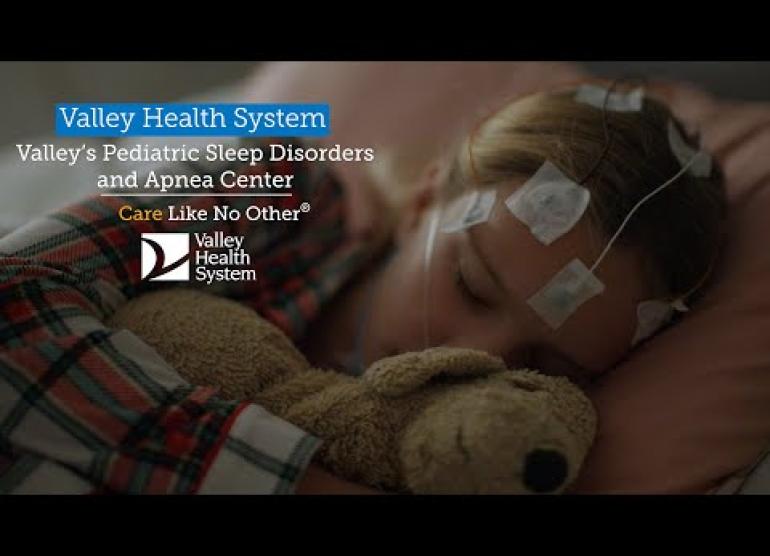Allergies, asthma, and immune-related conditions can affect daily routines and long-term health. According to the American Academy of Allergy, Asthma, and Immunology, an estimated 1 in 20 children have food allergies, adverse drug reactions may affect up to 10% of the world’s population, and the prevalence of allergic diseases worldwide has continued to grow for more than 50 years.
The Valley Approach to Allergy Care
At Valley, our allergy and immunology specialists diagnose and treat allergic and immunologic conditions affecting both children and adults. A comprehensive, personalized treatment plan is tailored toward each patient based on evaluations, test results, and in-depth blood work. Valley’s allergy care specialists use the latest evidence-based medicine when treating allergies and immune conditions.
The allergy team takes a multidisciplinary approach, working closely with other specialties, such as pulmonology, dermatology, and rheumatology, to provide personalized care for all patients. Whether you have seasonal allergies, asthma, or a complex immune disorder, our team will provide compassionate, high-quality care to improve health outcomes and quality of life through a variety of testing and treatment options.
Conditions Treated
- Seasonal and perennial allergies
- Food allergies
- Drug allergies
- Insect and venom allergies
- Allergic asthma
- Chronic cough
- Atopic dermatitis
- Chronic urticaria
- Angioedema
- Chronic itch
- Anaphylaxis
- Allergic contact dermatitis
- Immunodeficiency syndromes (common variable immune deficiency, hypogammaglobulinemia, selective
- IgA deficiency, T cell lymphopenia, etc.)
- Hypereosinophilia
Diagnosing Allergies and Immunologic Conditions
Valley is here to help you pinpoint the reasons behind certain allergic reactions through different allergy testing and immune evaluations.
- Seasonal and perennial allergy skin testing and blood work
- Food allergy skin testing and blood work
- Food oral challenges – A one-to-two-hour outpatient procedure where small amounts of food are given incrementally to test the reaction
- Penicillin and other drug skin testing
- Drug challenges
- Insect and venom allergy testing
- Pulmonary function tests
- Patch testing
- TRUE Test and American Contact Dermatitis Society extended panel
Treatment Options
Depending on the allergy or immune condition a patient presents with, there are different treatment options, with both inpatient and outpatient options.
- Environmental control measures
- Oral medications, such as antihistamines
- Nasal sprays
- Subcutaneous immunotherapy (allergy shots)
- Sublingual (under the tongue) immunotherapy for certain allergens
- Food oral immunotherapy for certain allergens – A treatment that involves digesting a small amount of a food allergen and gradually increasing that amount so the patient begins to become desensitized and can eat more without a reaction
- Biologic injections
- Intravenous and subcutaneous immunoglobulin infusions – An at-home infusion of immune-supporting antibodies from healthy donors to help fight infections and treat autoimmune conditions
Why Choose Valley for Allergy and Immunology Care?
- Board certification: Our team is board-certified as pediatric and adult allergists and immunologists, meaning a family-centered approach to care.
- Personalized treatment: We believe in creating a personalized treatment plan for each patient based on their test results, blood work, and evaluations. Goals are addressed with patients at each visit.
- Evidence-based care: Our team stays up-to-date on the latest research and evidence-based guidelines to provide high-quality care to patients.
- Quick results: Our team offers highly specific and rapid skin tests to let patients know what they are allergic to in a timely and efficient manner.
- Access to product-safe allergen list: After patch testing, all patients will receive access to the Contact Allergen Management Program (CAMP), which will include a safe product list, free of their allergens.




























